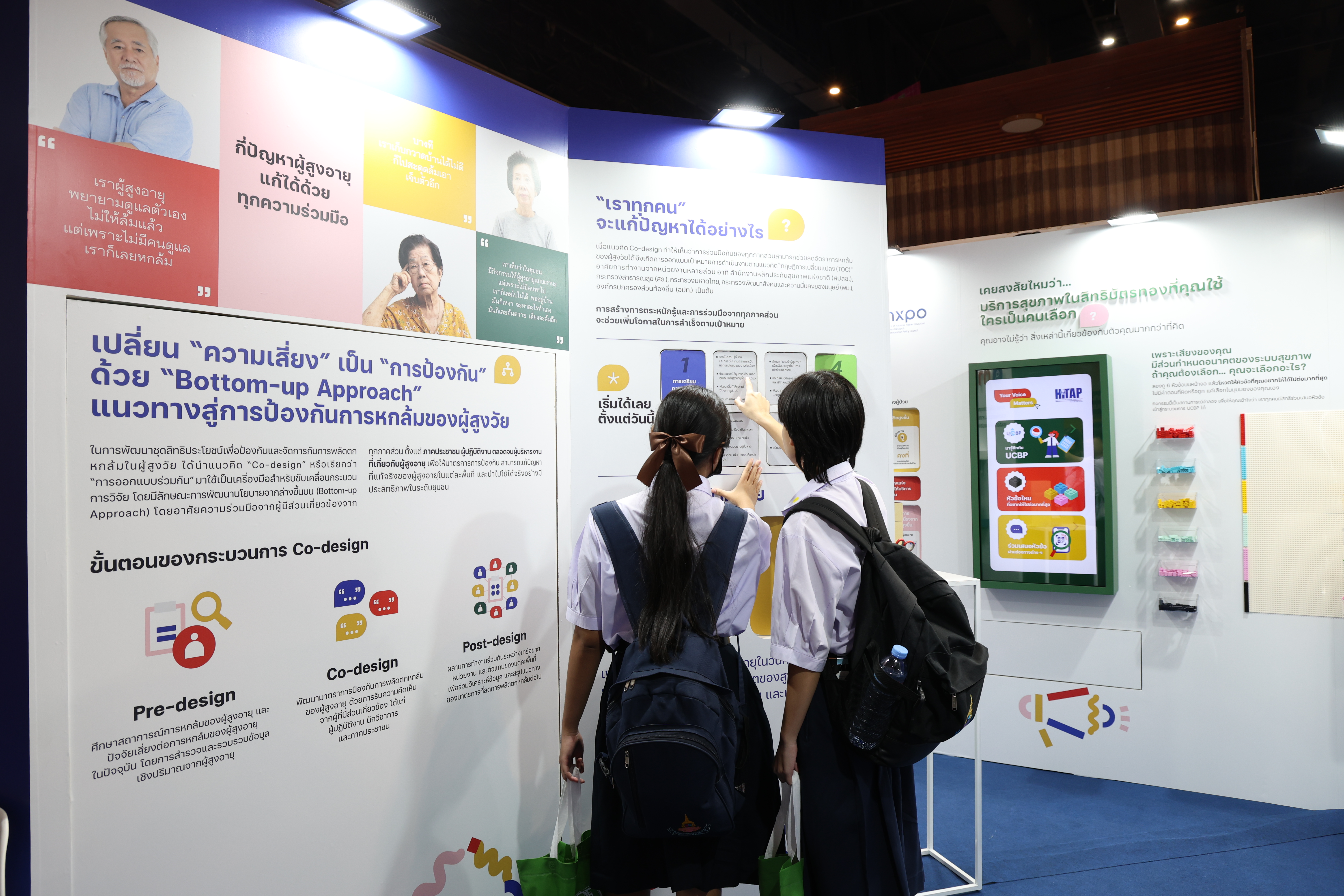ขอเชิญบุคลากรทางการแพทย์ร่วมตอบแบบสอบถาม “การประเมินความคุ้มค่าย้อนหลังของการให้วัคซีนไอกรนในหญิงตั้งครรภ์ในประเทศไทย และปัจจัยที่ส่งผลต่อการเข้าถึงวัคซีน”



CHICAGO — Taking periodic breaks from a commonly used treatment for prostate cancer could shorten men’s lives, researchers reported here on Saturday
In a large study, intermittent hormonal therapy proved to be less effective than continuous therapy for certain men with metastatic prostate cancer.
The finding is “striking and surprising because it goes against the conventional belief,” said Dr. Maha Hussain, professor of medicine and urology at the University of Michigan Comprehensive Cancer Center and the lead investigator in the study.
Another study found that Johnson & Johnson’s Zytiga, a pill now approved as a last-ditch treatment for prostate cancer, might help a broader group of patients if used somewhat earlier in the course of the disease.
Use of Zytiga significantly delayed the worsening of cancer and also appeared to prolong lives, though more time is needed to determine that definitively.
Both studies are being presented at the annual meeting of the American Society of Clinical Oncology here.
It is estimated that 250,000 to 350,000 American men are getting hormonal therapy, according to Dr. David I. Quinn of the University of Southern California, another investigator in the study. Such therapy, which can last for years, involves the use of drugs that suppress the body’s production of the male hormone testosterone, which fuels the cancer’s growth.
But because the treatment can cause side effects like loss of libido, hot flashes and weight gain, many men and their doctors opt to periodically stop treatment.
It has been thought from some earlier studies that such intermittent therapy was roughly as effective as continuous therapy. But the new study “for the first time demonstrates that there is a price to pay,” said Dr. Bruce J. Roth, a professor at Washington University in St. Louis, who was not involved in the trial.
The study, sponsored by the National Cancer Institute, involved more than 1,500 men with metastatic prostate cancer.
Those randomly assigned to receive the intermittent therapy lived a median of 5.1 years, compared with 5.8 years for those on the continuous therapy.
The difference was starker for the subset of men with minimal disease. Those getting intermittent therapy had a median survival of 5.2 years, compared with 7.1 years for those getting continuous therapy. Men with extensive disease lived six months longer with intermittent therapy, but that difference was not considered statistically meaningful.
Dr. Philip W. Kantoff of the Dana-Farber Cancer Institute in Boston, who was not involved in the study, said the results did not apply to men without metastases, who constitute a much larger group getting hormonal therapy. For those men, he said, intermittent therapy remained a reasonable option. And even men with metastatic cancer might still opt for intermittent therapy to improve their quality of life, he said.
Zytiga, the subject of the other study, was approved last year for use in late-stage prostate cancer, but only for men who have already tried the chemotherapy drug docetaxel. But many men do not want to use chemotherapy because of side effects.
The new study tested Zytiga, also known as abiraterone, in men with advanced prostate cancer who had not yet tried chemotherapy. The results will be used by Johnson & Johnson to apply for approval for that use.
“We certainly feel that this is the natural space for this to be used,” Dr. Charles Ryan of the University of California, San Francisco, the lead investigator of the study, said in an interview.
http://www.nytimes.com/2012/06/03/health/research/study-backs-continuous-prostate-cancer-treatment.html?partner=rss&emc=rss
Johnson & Johnson had previously announced that the trial had been stopped early for ethical reasons because Zytiga proved superior to a placebo. But the actual numerical results were not revealed until Saturday.
The trial involved 1,088 men whose prostate cancer had spread elsewhere in the body and was no longer responding to hormonal therapy. Half the men got Zytiga and prednisone, a steroid given to reduce side effects of Zytiga; the other half got a placebo plus prednisone.
Use of Zytiga reduced the risk that the cancer would worsen by more than half, according to a measure known as the hazard ratio. The men in the control group went a median of 8.3 months before their cancer worsened. The median could not yet be determined for Zytiga because not enough time had elapsed. But Dr. Ryan estimated it would be about 16 months.
The drug also delayed the time before the men, who had few or no symptoms at the start of the trial, needed drugs to control pain, or needed to start chemotherapy. There was also a strong trend toward increasing survival, with the risk of death being reduced by 25 percent, according to the hazard ratio. The men in the control group lived a median of 27.2 months, while the median survival in the Zytiga group is not yet known.
That result fell just short of satisfying a statistical test to prove there was a survival benefit. But Dr. Ryan said, “The vast majority of clinicians will look at this and say this is a significant benefit.”
Susan Halabi, a biostatistician at Duke, told the conference that it was extremely likely that the survival results would hold up.
The results could mean more competition for Provenge, a drug prepared specifically for each patient that was developed by the biotechnology company Dendreon. Provenge is approved for use in late-stage prostate cancer before chemotherapy.
The results “are very compelling and will drive docs to use the oral drugs quickly,” Yaron Werber, biotechnology analyst at Citigroup, said in a note Saturday. “This is a big issue for Provenge.”